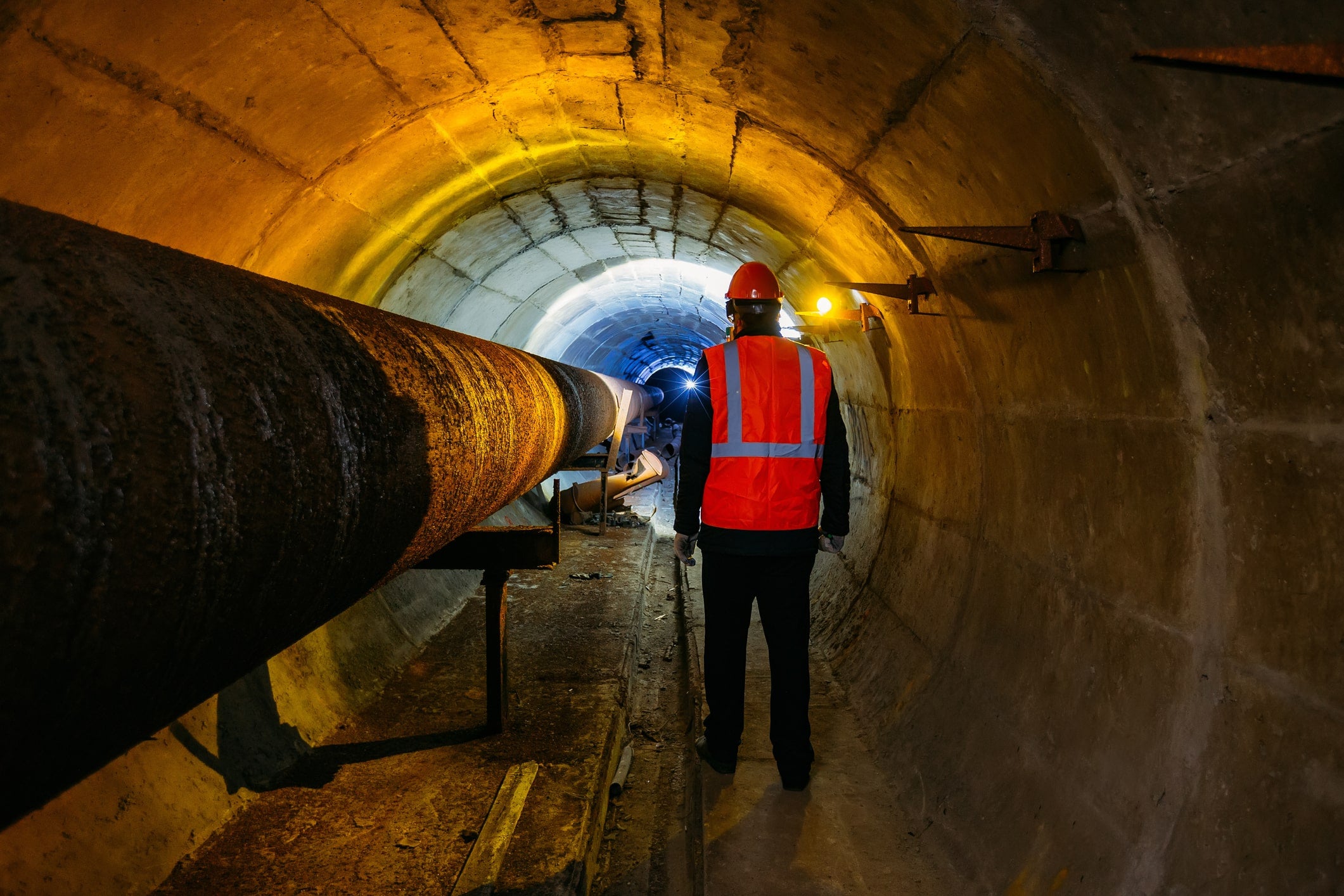
A major methane leak in the UK is the first to be seen by satellite from space. The leak occurred over a three-month period from a pipeline in Cheltenham in the south of the UK.
The leak, which was discovered in March of this year, came from a gas main operated by Wales and West Utilities.

Discover B2B Marketing That Performs
Combine business intelligence and editorial excellence to reach engaged professionals across 36 leading media platforms.
The leak was discovered by a researcher at the University of Leeds with the use of specialist satellites. Emily Dowd, from the university’s School of Earth and Environment and National Centre for Earth Observation, shared details of the leak exclusively with BBC News.
Methane is responsible for around 30% of the rise in global temperatures, and leaks in the oil and gas industry are common. The concentration of methane in the atmosphere is currently two-and-a-half-times higher than pre-industrial levels.
Following the leak’s discovery, additional surveys were taken by a team from Royal Holloway University near London.
Dowd intended to use satellite images to research methane emissions from landfill sites when she noticed the pipeline leak.

US Tariffs are shifting - will you react or anticipate?
Don’t let policy changes catch you off guard. Stay proactive with real-time data and expert analysis.
By GlobalData“Finding this leak brings a question of how many there are out there and maybe we need to be looking a bit harder to find them and take advantage of the technology we have,” Dowd told the BBC.
The UK Government signed up to the Global Methane Pledge at the COP26 climate change conference in 2021. The pledge aims to collectively reduce global anthropogenic methane emissions by at least 30% below 2020 levels by 2030.
A spokesperson for Wales and West Utilities told reporters that it was in the process of obtaining necessary permissions for replacing the gas mains when the leak was observed by satellites. The cause of the leak remains unclear.
Methane leaks are typically detected using on-the-ground surveys in a time-consuming process.
Methane has 84-times the global-warming potency of equivalent volumes of carbon dioxide during its first two decades in the atmosphere. Reducing methane levels has been identified by the International Energy Agency and the Intergovernmental Panel on Climate Change as central to the reduction of greenhouse emissions.





